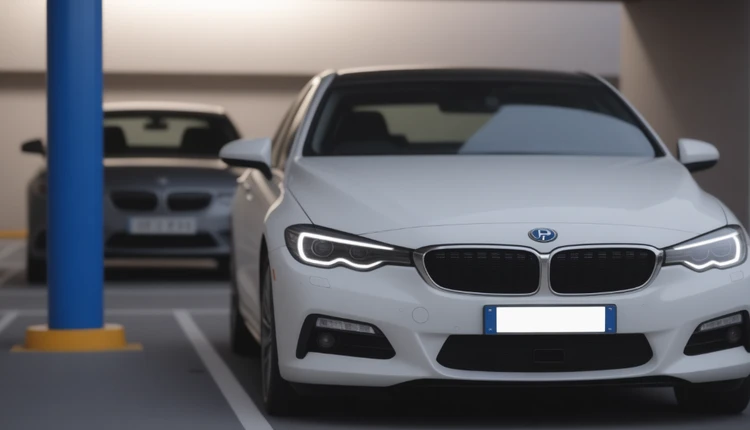Electric cars and parking costs in cities: new horizons for urban infrastructure 🚗⚡️
With the growing popularity of electric vehicles, urban infrastructure is undergoing significant changes, especially in relation to parking space. Electric vehicles offer not only environmental benefits, but also new challenges and opportunities for urban planning. In this article, we'll look at how electric vehicles are affecting parking costs in cities in the US, Germany and other European countries, and explore the potential of these changes.
🌍 The impact of electric vehicles on urban infrastructure
Rethinking urban space
Electric vehicles require the creation of new charging stations, which is leading to a rethinking of the use of urban spaces. Cities are actively integrating charging stations into parking areas, which sometimes increases the cost of renting parking spaces. This change improves the accessibility of infrastructure for electric vehicle owners and promotes the development of environmentally friendly transport systems.
Promoting the use of electric vehicles
Many cities are introducing preferential parking rates for owners of electric vehicles, thereby stimulating the transition to environmentally friendly transport. These incentives could include reduced rates or even free parking in certain areas, making EV use more attractive to city dwellers.
💸 Changes in parking costs in cities
Increase in the cost of parking spaces
In some cities, the introduction of electric vehicle infrastructure is driving up parking costs. This is due to the need to finance the installation and maintenance of charging stations. However, such changes are often offset by government subsidies or municipal support programs.
Economic incentives for electric vehicle owners
Despite the possible increase in parking costs, EV owners often have access to various economic incentives. These could include tax breaks, subsidies for the purchase of electric vehicles and discounts on parking. These measures are aimed at reducing the overall cost of owning an electric vehicle and making it more accessible to a wider audience.
Variety of parking rates
Cities are taking different approaches to charging parking for electric vehicles. In some cases, differentiated rates are applied depending on the location of the charging station, time of day and duration of parking. This allows for more flexible management of urban space and promotes more efficient use of parking spaces.
🌐 Global trends and examples
Examples from Europe and the USA
European cities such as Amsterdam and Oslo are actively developing infrastructure for electric vehicles, including parking lots. These cities offer preferential parking conditions for owners of electric vehicles, which helps to increase their number. In the US, especially in high-density cities, there is also a trend toward better conditions for electric vehicle ownership.
Impact on cost of living in cities
Increasing the availability and usability of electric vehicles could have a significant impact on the cost of living in cities. Reduced transportation and parking costs for electric vehicle owners makes life in cities more affordable and comfortable, especially for people who choose environmentally friendly technologies.
🚘 Table comparing parking costs for electric vehicles and regular cars
| City | Parking cost for electric vehicles | Parking cost for regular cars |
|---|---|---|
| Amsterdam | $2 per hour | $5 per hour |
| Oslo | For free | $4 per hour |
| NY | $3 per hour | $6 per hour |
| Berlin | $1.50 per hour | $4 per hour |
This table shows how cities are encouraging the use of electric vehicles by reducing parking costs. This not only helps improve the environmental situation, but also makes the use of electric vehicles more attractive for city residents.
Alternatives to Traditional Parking
As technology advances and urban infrastructure changes, new alternatives to traditional parking are emerging. This includes the development of car sharing systems, parking spaces with multi-level charging and integrated transport solutions that combine personal and public transport.
📊 Conclusions
The impact of electric vehicles on urban parking costs is a key factor in promoting clean transportation. Cities around the world are actively adapting their infrastructure to make the use of electric vehicles more convenient and accessible. This not only helps reduce carbon emissions, but also makes life easier for city dwellers, making it more sustainable and comfortable.

